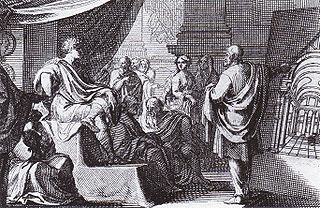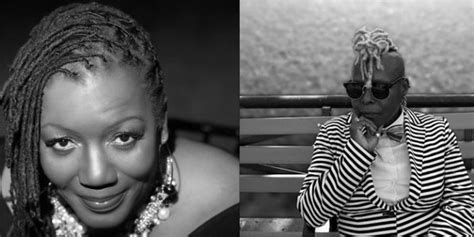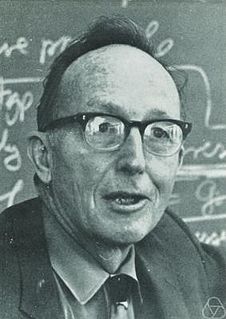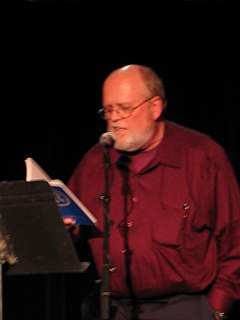A Quote by James Merrill
Knowing some Greek helped defuse forbidding words - not that I counted much on using them. You'll find only trace elements of this language in the poem.
Related Quotes
There are some words I find impossibly difficult ... 'Love,' 'feeling' and especially 'happiness' are at the head of the list. This is not because I haven't experienced any of them but because whenever I think about using the words I don't really know what anyone means by them. I'd find it easier to sit down and write a book about each (coming, obviously, to no conclusion) than to use them casually in speech or writing.
I feel like the older I get, the truer it feels that I'm only going have an investment in a poem if it allows or forces me to bring something that's supremely me onto the page. I used to think that the speaker of a poem was talking to someone else, to some ideal reader or listener, but now I think that speakers - poets - are talking to themselves. The poem allows you to pose questions that you have you ask of yourself knowing that they are unanswerable.
I try to write each piece in the language of the piece, so that I'm not using the same language from piece to piece. I may be using ten or twenty languages. That multiplicity of language and the use of words is African in tradition. And black writers have definitely taken that up and taken it in. It's like speaking in tongues. It may sound like gibberish to somebody, but you know it's a tongue of some kind. Black people have this. We have the ability as a race to speak in tongues, to dream in tongues, to love in tongues.
I believe in fiction and the power of stories because that way we speak in tongues. We are not silenced. All of us, when in deep trauma, find we hesitate, we stammer; there are long pauses in our speech. The thing is stuck. We get our language back through the language of others. We can turn to the poem. We can open the book. Somebody has been there for us and deep-dived the words.







































